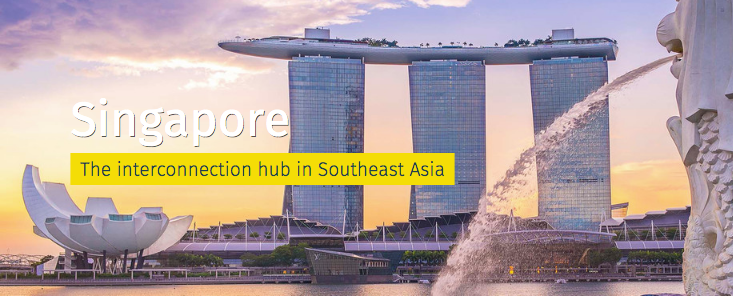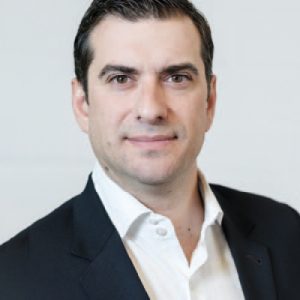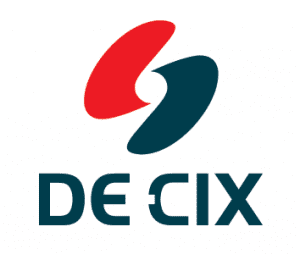
Europe and North America continue to prove the model for distributed mesh interconnection ecosystems. Through collaboration among disparate providers, end users achieve better data performance. For example, the FLAP cities – Frankfurt, London, Amsterdam, and Paris – as these markets grew, providers recognized the need for a more redundant and interconnected network of networks to ensure an always on, always available Internet throughout the region and beyond. With secondary hubs now fortified with their own interconnection ecosystems, such as Marseille, Stockholm, Sofia, and Madrid, data within these cities can now stay local, enabled through interconnections to the FLAP cities for global reach. By creating a robust local and globally distributed mesh interconnection solution, end-user experience improves.
Looking at Southeast Asia, Singapore is the most common point for interconnection, leaving local markets solely reliant on only a few provider networks to fulfill data traffic routing requirements. Singapore is a robust market with over 20 data centers. It is also one of the largest global hubs as measured by international Internet bandwidth (37 Tbps) growing at a compounded rate of nearly 60 percent annually since 2015.
Nearby cities are also growing rapidly (compounded annual growth rates from 2015 to 2019):
- Jakarta 8.8 (69 percent)
- Bangkok 8.4 (57 percent)
- Kuala Lumpur 7.2 (46 percent)
- Hanoi 6.5 (66 percent)
- Manila 3.2 (44 percent)
As we look at Singapore, similar to the FLAP cities, there is a strong interconnection ecosystem continuing to develop. This is further enabled through extensive cross-border terrestrial backbones, moving data traffic throughout the region between Singapore, Jakarta, Bangkok, Hanoi, and Kuala Lumpur. Furthermore, similar to the European secondary cities of Marseille, Stockholm, Sofia, and Madrid, we see several new submarine cables planned in the near future, bringing significant investments by major global content networks to many Southeast Asian cities.
This clearly illustrates Singapore as a core network hub in Southeast Asia and it also highlights the need for more localized sub-regional network interconnections. As the success of the FLAP cities illustrates, the emergence of secondary cities and their local ecosystems, a more widely distributed interconnection infrastructure does not reduce the need for strong hubs, but supplements that need with greater edge peering, networking, and computing resources.
DE-CIX has and continues to play a key role in interconnecting major markets while extending to regional hub markets. DE-CIX believes that regional providers throughout the Southeast Asian market must adapt. We make the case with the following key points:
- Demand is increasing for more widely distributed interconnection infrastructure.
- New markets show promising signs with demand for international bandwidth.
- Global networks, content, and cloud providers are already deploying infrastructure throughout the region.
- Increased cloud onramp and cloud regional deployments conveys immediate potential as major cloud providers address tangible demand for access in the region.
- High demand for quality, low latency gaming and streaming service delivery.
- Developments such as 5G will only push more computing power to the edge.
- Local operators are discovering partnerships that enable them to push for change and bypass incumbents in a difficult operating environment.
To learn more about global mesh ecosystems and their impact on improved network performance, reach, and cost efficiency, please visit www.de-cix.net.
About Ivo Ivanov:
Ivo Ivanov is the CEO of DE-CIX International and COO of DE-CIX. He has an educational background focused on law and business and is fluent in German, English, Russian, and Bulgarian. Ivo graduated from a German business school in 1995 and holds two law degrees, from the Universities of Sofia (Bulgaria) and Bonn (Germany).









